Mudar Cor da fonte no Code::Blocks
-
Quem está navegando aqui 0 usuários estão online
Sobre o Clube do Hardware
No ar desde 1996, o Clube do Hardware é uma das maiores, mais antigas e mais respeitadas comunidades sobre tecnologia do Brasil. Leia mais
Direitos autorais
Não permitimos a cópia ou reprodução do conteúdo do nosso site, fórum, newsletters e redes sociais, mesmo citando-se a fonte. Leia mais




(1).thumb.gif.8bc9075f9ac397929081e02491b40cb5.gif)




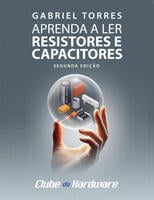
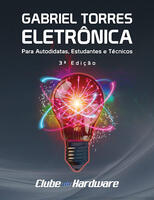
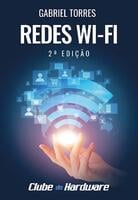


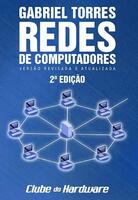




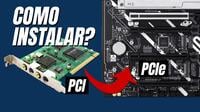



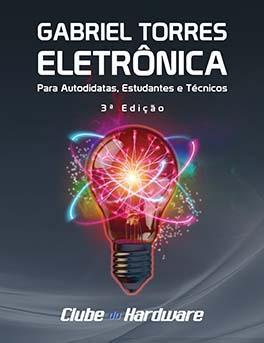
Posts recomendados
Arquivado
Este tópico foi arquivado e está fechado para novas respostas.